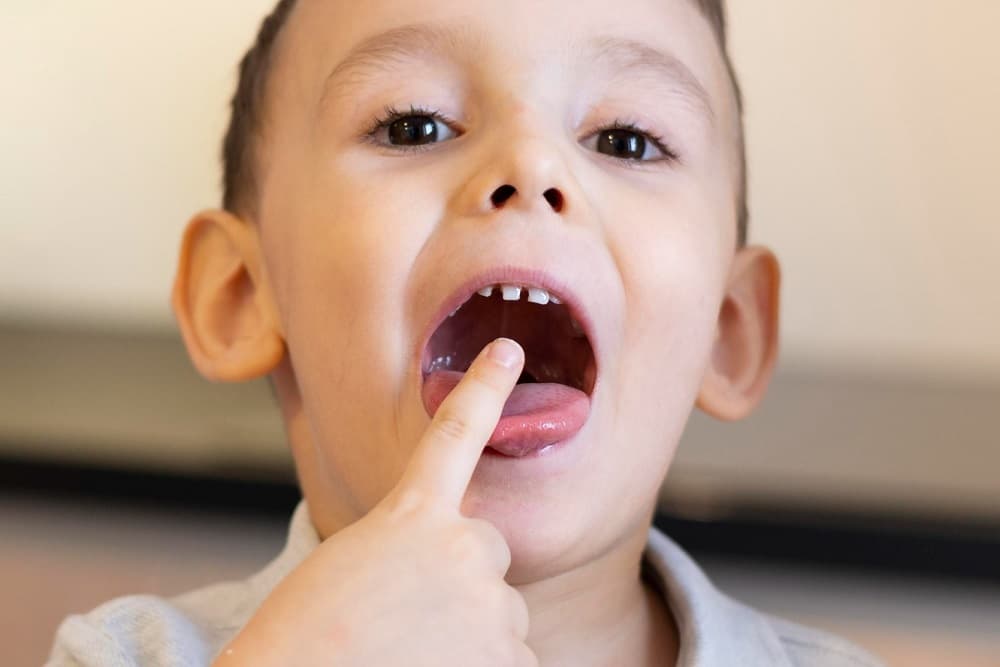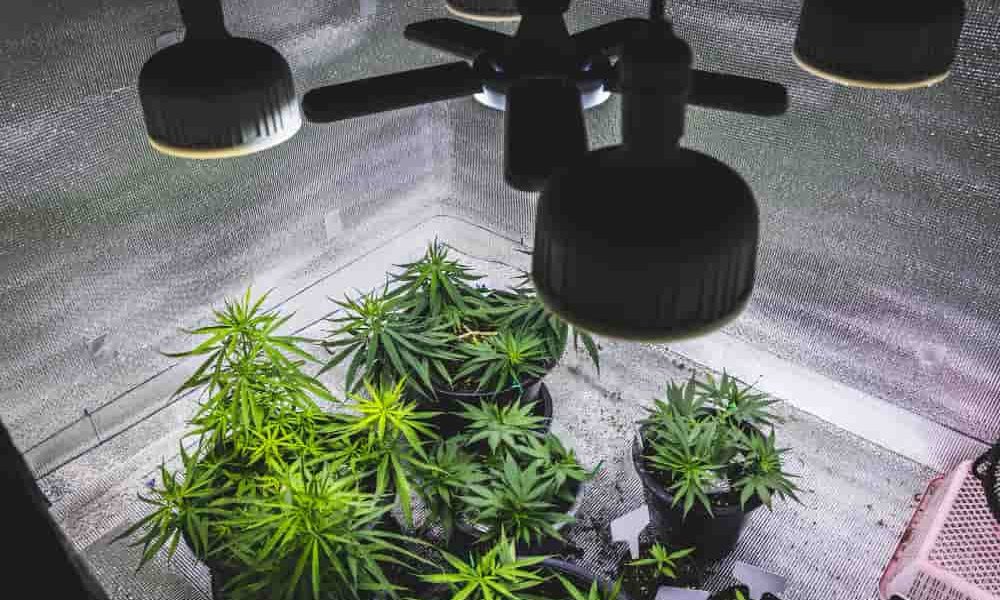
If you love curiosities, don’t miss this article dedicated to the life and death of our teeth. Today we will explain to you at what ages teeth fall out.
The life cycle of our teeth It is as fascinating as any other aspect of our human biology. It is a story that begins with a baby’s first pacifier and continues into old age.
Join us as we explore the entire process, from the eruption of the first teeth to their eventual loss, and learn at what ages teeth fall out.
The first steps: baby teeth
The wonderful journey of our teeth begins with baby teeth or temporary teethwhich play a fundamental role in the growth and development stage of children.
baby’s first tooth
Usually the baby’s first tooth, also known as baby tooth, appears between 4 and 6 months of age. The two lower front teeth, or lower central incisorsare the first to erupt, followed by the two upper front teeth, or upper central incisors.
This is a significant milestone in a child’s life and marks the beginning of their ability to consume more solid foods. However, this process can cause discomfort or pain in babies, and is commonly associated with symptoms such as drooling, irritability, and a slight elevation in body temperature.
Complete milk teeth
By around 3 years of age, most children have a complete set of baby teeth. This consists of 20 teeth: four incisors two canines and four molars in each jaw. These teeth are essential for chewing, speaks and the esthetic.
The incisors allow you to cut food, the canines tear it, and the molars are used for grinding. In addition, baby teeth save the space necessary for permanent teeth.
The transition: loss of baby teeth
The loss of baby teeth is a momentous event in childhood that indicates the beginning of the transition to permanent teeth.
At what age do baby teeth start to fall out?
Children usually begin to lose their baby teeth around 6 years of age. However, this process may vary depending on individual factors such as the child’s general health, nutrition and genetic factors.
However, any significant deviation from this age may be cause for consultation with a pediatric dentist.
The process of tooth loss
The loss of baby teeth occurs when permanent teeth They begin to grow and push the milk ones.
This replacement process generally begins with the lower central incisors and then follows a more or less predictable pattern, moving back to the molars.
This is an essential stage in the development of the child’s mouth and face.
Permanent teeth: a new stage
Permanent teeth are the successors of baby teeth and play a crucial role in the oral health and quality of life of individuals.
When do permanent teeth erupt?
As baby teeth fall out, they are replaced by permanent teeth. This process begins around age 6 and can continue until adolescence.
By age 13, most children will have 28 of their 32 permanent teeth, including incisors, canines, premolars and molars.
These new teeth are bigger, stronger and designed to last a lifetime.
Third molars: wisdom teeth
The wisdom teeth They are the last permanent teeth to appear and usually appear between the ages of 17 and 21.
Not everyone develops wisdom teeth, and in some cases, they can cause problems such as pain, infection, or misalignment of the other teeth, and need to be removed.
In old age: loss of permanent teeth
Old age is a stage in which oral health becomes especially important, since different factors can affect the integrity of our teeth.
Do permanent teeth fall out with age?
It is a common misconception that losing teeth is an inevitable part of aging. In fact, with the proper care and the oral hygiene permanent teeth can last a lifetime.
However, factors such as periodontal diseases, the cavities and the wear can lead to tooth loss in older adults.
Maintaining a balanced diet, avoiding tobacco and alcohol, and making regular visits to the dentist are essential practices to preserve long-term dental health.
Conclusion
The life of our teeth is an amazing journey that begins in childhood and extends into old age. From the first baby teeth that accompany us in the first bites to the robust permanent teeth that serve us throughout our lives each stage has its importance and meaning.
The loss of teeth, in each phase, is a natural process that marks a milestone in our development. Remember at what ages teeth fall out can be helpful in anticipating and managing these changes.
But beyond mere chronology, maintaining a good oral hygiene and visiting the dentist regularly are the keys to preserving our teeth at any stage of life.







